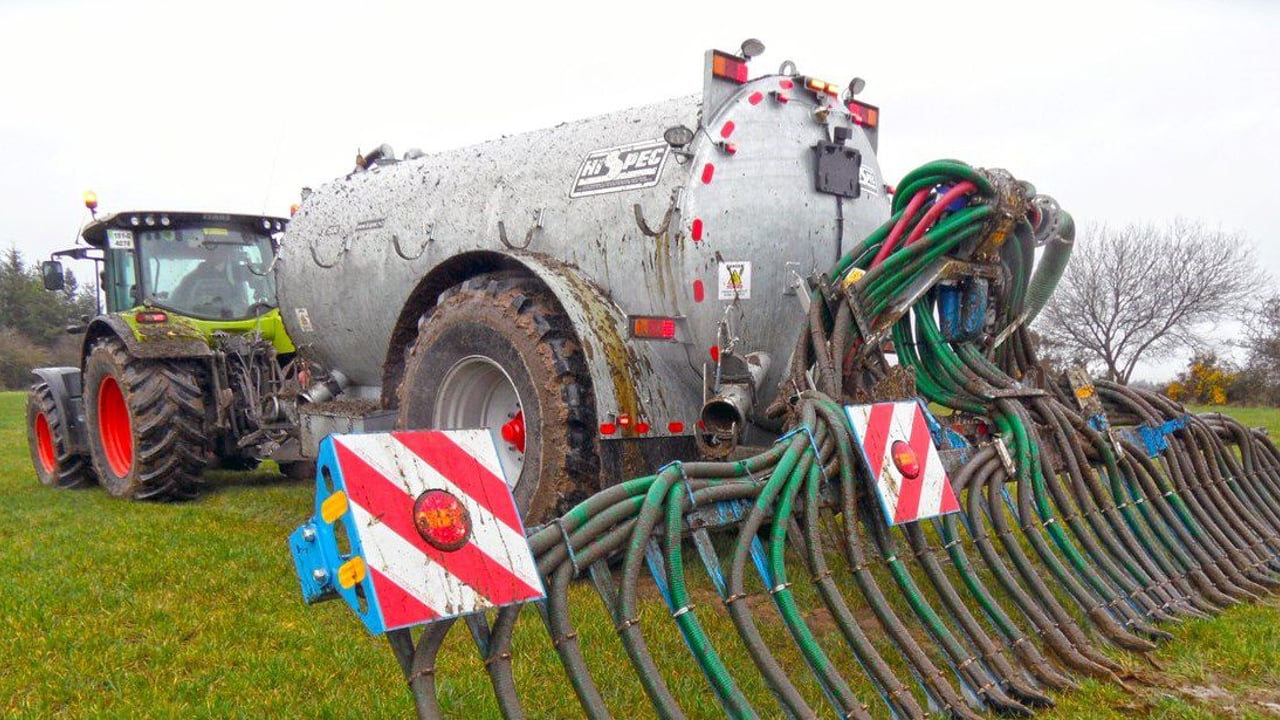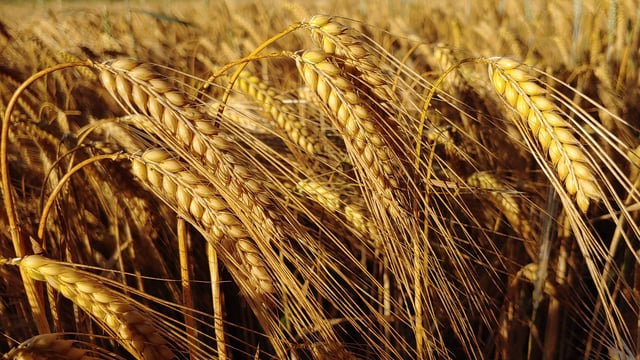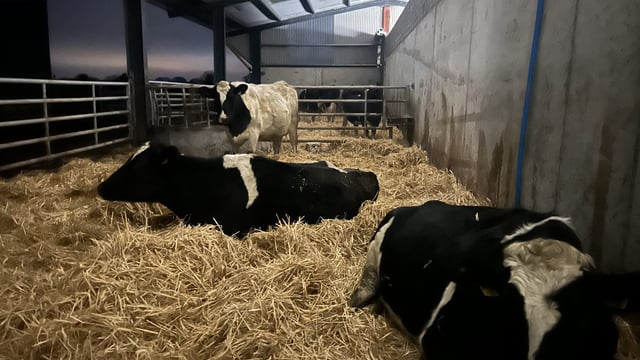IFI calls on farmers to take slurry spreading precautions
Inland Fisheries Ireland (IFI), the state body for managing the country's inland fisheries and sea angling resources, has called on farmers to take all necessary precautions while spreading slurry in order to protect water courses.
With the slurry spreading period open in most areas now, farmers are being asked to be aware of the necessary regulations to prevent water pollution.
According to IFI, livestock manure and organic manures (as well as silage effluent and soiled water) from agricultural practices are damaging substances that cause severe water quality issues.
Barry Fox, deputy CEO of IFI, commented: "Poor slurry spreading can ultimately wipe out local fish populations and ruin their habitats.
"With the slurry spreading season commenced for 2025, IFI is appealing to farmers to be very mindful of their local rivers, lakes, streams and coastlines, and to heed associated regulation.
"Ireland’s fisheries resource is a significant part of the rural economy. Agricultural communities play a pivotal role in the responsible stewardship of our environment, now, and for future generations," Fox added.
The IFI said it is urging farmers to work according to all best practice, including the maintenance of the minimum distance between slurry areas and watercourses.
Farmers are asked to plan ahead, and to note poor weather conditions before spreading on field.
The IFI is also asking farmers to seek advice where necessary from Teagasc; their Agricultural Sustainability Support and Advisory Programme (ASSAP) advisor; their local authority; or the Department of Agriculture, Food and the Marine on spreading slurry.
The open period for slurry spreading has now begun in most parts of the country.
Farmers in 'zone A', comprising much of the east, southeast and south midlands, have been permitted to spread slurry and farmyard manure (FYM) since January 13.
Farmers in 'zone B' counties - the west, soutwest and north midlands - have been permitted to spread slurry from January 16.
For 'zone C' - counties Donegal, Leitrim, Cavan and Monaghan - the open period begins on Saturday (February 1).
Slurry must be kept at least 10m away from rivers, streams, watercourses and drains for two weeks following the opening of the spreading period. This goes to 5m once this time period has elapsed.
Weather and ground conditions can have a significant impact on nutrient loss to water when spreading slurry.
Slurry spread on fields that are frozen or snow covered, waterlogged, flooded or likely to flood is prohibited by the current regulation.
The timing of slurry applications has a major impact on on the uptake of nutrients by plants.
Ideally, slurry spreading should take place with no structural damage to the soil and a consistent soil temperature of 6˚ or above will mean that grass is growing and has the potential to take up the nutrients applied.





